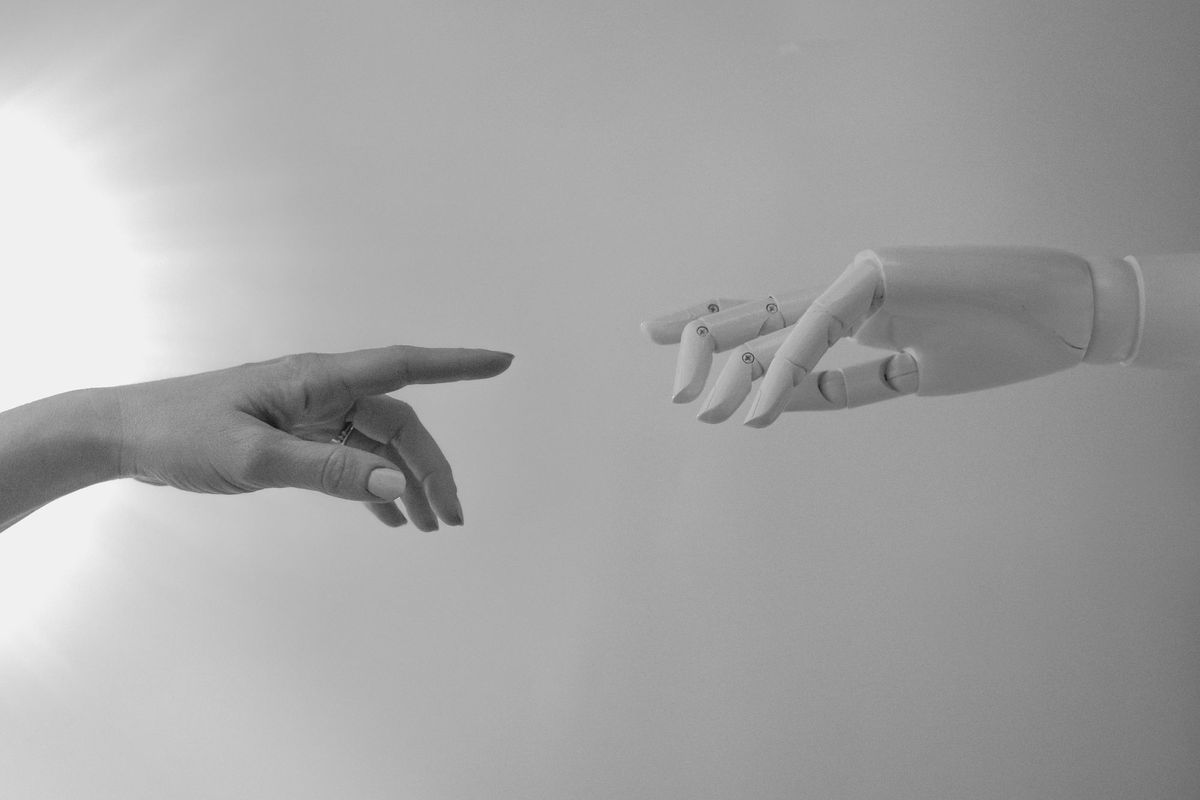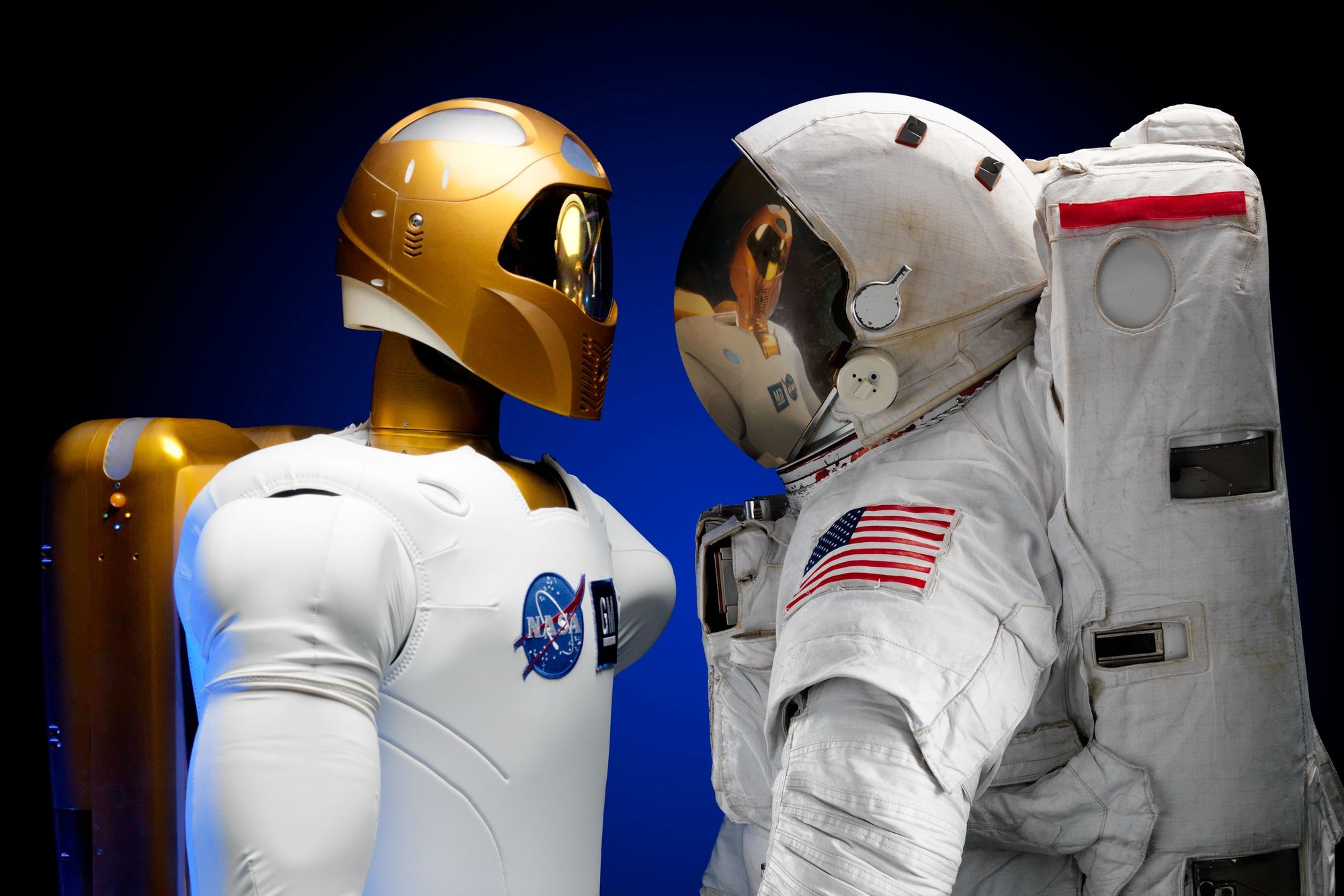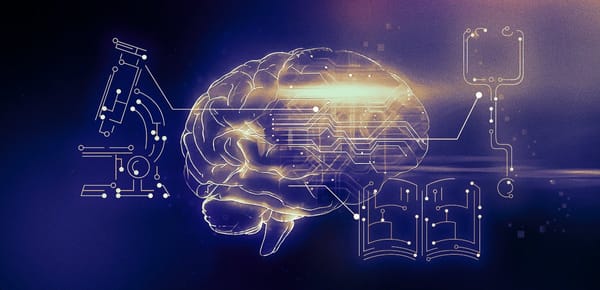The Future of AI in the Workplace: Artificial Intelligence
The future of AI is a topic of much debate and speculation. Some experts believe that AI will become an integral part of our lives, revolutionizing the way we work, communicate, and even think. Others are more cautious, warning of the potential dangers of AI if it is not developed and used

As Technology accelerates, the way humans interact in and outside the workplace has changed, accelerating technology adoption is considered good, but it also poses new risks, ' unknown unknowns' in a changing macro world.
One of the key benefits of AI in the workplace is its ability to automate mundane, repetitive, and time-consuming tasks.
Features of AI
This can free up valuable time for employees, allowing them to focus on more creative and complex tasks that require human intervention. AI can also help businesses make better decisions by providing real-time insights and analytics to inform decision-making processes.
AI can also be used to enhance employee productivity and efficiency. For example, chatbots can handle routine customer inquiries, allowing human customer service representatives to focus on more complex issues. Similarly, machine learning algorithms can personalize employee training programs, ensuring that each employee receives a personalized learning experience tailored to their needs.
While the potential benefits of AI in the workplace are clear, there are also concerns about the impact that AI will have on jobs. Some experts predict that AI will lead to widespread automation and job displacement. In contrast, others argue that AI will create new jobs and opportunities in data science and AI development.

Regardless of the potential impact on jobs, it is clear that AI will continue to play an increasingly important role in the workplace. To stay competitive in an increasingly digital world, businesses must embrace AI technologies and develop strategies for incorporating them into their operations.
The future of artificial intelligence in the workplace is exciting and full of potential. As AI continues to evolve and mature, it will undoubtedly transform how we work, making us more productive, efficient, and innovative.
There are many cons and pros regarding AI in workplaces. Some of them are as follows:
Pros:
1. Automation:
AI can help automate routine and repetitive tasks, allowing employees to focus on more strategic and creative work.
2. Data analysis:
AI tools can quickly analyze large amounts of data, helping businesses make more informed decisions.
3. Improved productivity:
With AI handling certain tasks, employees may be able to accomplish more in less time, leading to higher productivity levels.
4. Personalization:
AI can provide employees with personalized learning and development opportunities, helping them improve their skills and stay engaged.
Cons:
1. Job displacement:
Some roles may no longer be necessary as AI takes over certain tasks, leading to job displacement for some employees.
2. Privacy concerns:
AI relies on access to data, which raises privacy concerns for employees and customers alike.
3. Bias:
AI tools are only as unbiased as the data they are trained on, so there is a risk of introducing bias into decision-making if the data used is not diverse and inclusive.
4. Dependence:
Businesses may become too reliant on AI tools, leading to a loss of human skills and judgment.
Overall, it's important for businesses to carefully consider the potential benefits and drawbacks of using AI in the workplace and to implement these tools responsibly and ethically.

The role of AI in the future workplace will likely continue to evolve and expand as technology advances. In the coming years, we may see AI being used more extensively for tasks such as data analysis, predictive modeling, and decision-making. Additionally, AI could potentially be used to assist with customer service and support, helping to automate routine tasks and improve response times.
In terms of specific characteristics, I think that successful AI system in the future workplace will need to be highly intelligent and adaptive, able to learn from their experiences and continually improve their performance. They'll also need to be user-friendly and easy to work with so that employees can interact with them intuitively and efficiently.
Ultimately, the most effective AI systems will be those that can work seamlessly with human colleagues, complementing their strengths and helping them to achieve their goals more effectively. As AI continues to evolve and become more sophisticated, it has the potential to revolutionize the way we work and conduct business, unlocking new levels of productivity and innovation across a wide range of industries and sectors.




